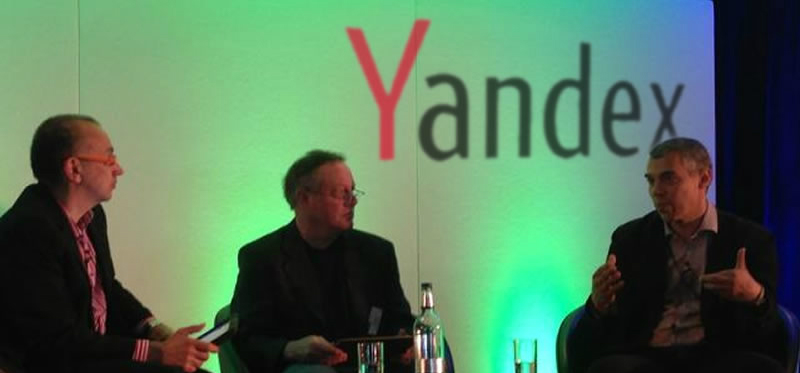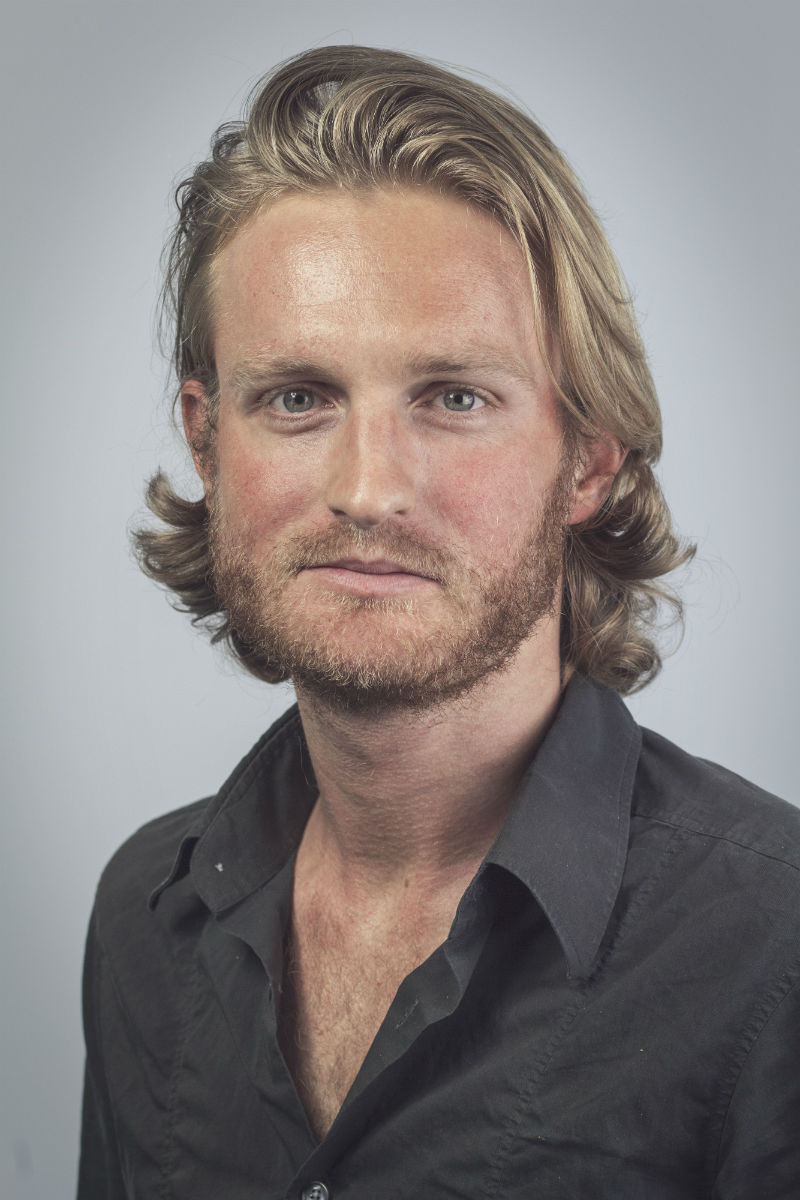
It is with great sadness that we are writing this tribute, having heard the news that Ilya Segalovich, co-founder and CTO of Russia’s biggest search engine, Yandex, has died suddenly at the age of 48. A Yandex statement revealed that Ilya had been diagnosed with a treatable form of cancer and was responding well to treatment, however unexpectedly succumbed to complications. He slipped into a coma, and life support machines were turned off on Saturday 27th July. Despite his illness, Segalovich kept working full-time on the technology projects he so passionately cared about right up until his death.

Starting his career working on information retrieval technologies in the late 1980s, Ilya was then recruited in 1990 by his old classmate and close friend Arkady Volozh, current CEO of Yandex, to join Arkadia Company – founded by Volozh. Three years after joining Arkadia, in 1993, Volozh and Segalovich developed a search engine for “non-structured information with Russian morphology”.
Ilya proposed the name Yandex, referring to “Yet Another InDEX”. The name stuck and in 1997 yandex.ru was born, the search engine launched a year later and in 2000 Yandex officially became a company. As the CTO of Yandex, Ilya was the mastermind behind refining and iterating the engine’s understanding of the complex Russian language, effectively making it a far superior destination for looking up information compared to Google’s non-localised indexation of the Russian web. When the Mountain View-based company started crawling Russian content in 2001, the company did not support Russian morphology. In fact, Google did not start doing this all the way up until 2006.
These early years differentiated Yandex from Google and made it the search engine of choice in Russia – a stronghold which Google still has not managed to break down, despite numerous and continuous attempts.
Google’s support for Russian morphology in 2006 did however heat up the competition significantly in the following years, but Yandex’s introduction of its proprietary machine learning technology, MatrixNet, in the beginning of 2009 once again tipped the scale heavily in favour of Yandex.
One of the key figures behind global search evolution
As one of the greatest search pioneers the world has ever seen, Segalovich has had a profound impact on the evolution of the industry. And one that certainly extends well beyond the Cyrillic region. Rightfully therefore, Ilya was keen on stressing that Yandex is not a Russian copy of Google – an otherwise common perception outside of Cyrillic territory – but in fact an innovating force that has launched a raft of products before Google has.
For example, Yandex launched its search engine in 1997 – one year earlier than Google. “Yandex also launched maps first in 2004, Google a year later in 2005. Yandex was the first to launch news search in 2000, Google in 2002. Blog search came out of Russia in 2004, but out of California only in 2006. Yandex had already launched an RSS aggregator in 2005, Google followed in 2006”.
Inspirational appearance at the International Search Summit
Webcertain was delighted and honoured when Ilya agreed to give a keynote at the International Search Summit in London in May this year. In that keynote he passionately spoke about everything from the company’s inception to the great progress that has been made over the years and his vision for how search should – and will – look like in the future. It was an enlightening and inspiring session. Andy Atkins-Krüger, who led the fireside chat-like discussion together with Chris Sherman, had this to say following the tragic news:
“Ilya was one of the finest minds and nicest people I have ever met in the search industry. I have enjoyed and been inspired by every moment I have ever had the good fortune to spend discussing search with him. At the International Search Summit in May he was as committed as ever and full of life. I am still struggling to come to terms with the news.”
The user experience above all else
During that same discussion, Segalovich made it very to clear the audience in London that he was a keen supporter of the notion that users should have the right to control their own data when asked about his take on the increasingly contentious debate over user privacy. And he definitely practiced what he preached. For example, Yandex offers users the possibility to export their search data to another search engine, e.g. from Yandex to Google.
This viewpoint, however, formed part of a more far-reaching obsession with adding value to the user experience. In his pursuit of providing the best possible search experience for Yandex users, Segalovich devoted a great deal of focus in recent years to search personalisation as a means to achieving this aim. What has emerged from it is a different, more moderate form of personalisation that both takes into account a user’s medium- and long-term search history, but more recently also adds a real-time dimension as you search.
Segalovich’s latest passion project up until his tragic death, “Islands”, is yet another testament to his great vision and constant questioning of the status quo. And above all, the entire concept revolves around the idea of improving the end experience by solving users’ actual problems (as opposed to merely answering questions) in a way that makes the search journey as short and hassle-free as possible; in this specific case by creating interactive search results which allow users to perform actions within the search results page itself (e.g. book a flight ticket).
A philanthropist
Segalovich also devoted a lot of his time to charity work. A supporter of Maria’s Children Art Rehabilitation Center, Segalovich was particularly engaged in improving the conditions for orphans and children with special needs. Following the tragic news, his good friend and Yandex CEO, Arkady Volozh, said:
“Ilya’s contributions to the founding and development of Yandex were invaluable. More importantly, his philanthropic contributions touched many children in need. My thoughts and those of all of the Yandex family are with Ilya’s family at this difficult time. We know that the strong technical team Ilya helped to build will carry on the work Ilya cared so passionately about. Ilya was an encyclopedia in technology and his highest ethical standards has always set the landmark for us all”
Ilya’s legacy is one that will endure and he is somebody who will never be forgotten. All our thoughts are with Ilya’s family, friends and Yandex colleagues at this sad and difficult time.







